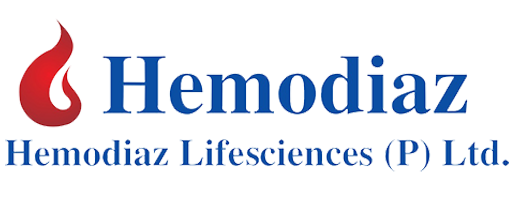Overweighting: Causes, Precautions & the Power of Tracking Your Weight
In today’s fast-paced, screen-driven lifestyle, overweighting has become one of the most common and growing health concerns. Being overweight doesn’t just affect how we look—it impacts our energy levels, heart health, mobility, and long-term wellness.
The first step in managing your weight is awareness. And for that, a reliable digital weighing machine plays a key role. In this blog, we’ll break down the causes of being overweight, practical precautions you can take, and how a good body weight scale helps you stay on track.
What is Overweighting?
Overweighting refers to having more body weight than is considered healthy for a particular height and age. It’s typically measured using Body Mass Index (BMI)—a BMI between 25 and 29.9 is classified as overweight, and 30 or above as obese.
But numbers don’t always tell the full story. That’s why consistent tracking with a smart scale or digital weight machine helps monitor not just weight, but progress over time.
Common Causes of Overweighting
Overweighting doesn’t happen overnight. It usually results from a combination of factors:
1. Poor Diet Choices
High consumption of processed foods, sugar, and unhealthy fats lead to excess calorie intake.
2. Lack of Physical Activity
Sitting for long hours and minimal exercise slows metabolism and increases fat storage.
3. Emotional Eating
Stress, boredom, or depression can trigger binge eating or constant snacking.
4. Sleep Deprivation
Lack of sleep affects hunger-regulating hormones, causing weight gain over time.
5. Genetics & Metabolism
Some people are more predisposed to storing fat based on their genetic and metabolic profile.
6. Medical Conditions
Certain diseases like hypothyroidism, PCOS, or insulin resistance can lead to weight gain.
Precautions to Avoid or Manage Overweighting
Small, consistent changes in your lifestyle can have a big impact on maintaining healthy weight:
✅ Track Your Weight Regularly
Use a digital scale to keep a close eye on your weight fluctuations. Awareness drives accountability.
✅ Eat Mindfully
Stick to a balanced diet rich in whole grains, lean protein, veggies, and good fats. Avoid excessive sugar and processed foods.
✅ Exercise Consistently
Aim for at least 30 minutes of physical activity daily—walking, cycling, yoga, or strength training.
✅ Sleep Well
7–8 hours of quality sleep helps regulate metabolism and reduce emotional cravings.
✅ Stay Hydrated
Water helps control hunger and supports digestion.
✅ Set Realistic Goals
Aim for gradual weight loss or maintenance—not crash diets or instant results.
Why a Digital Weighing Machine is Important
Many people avoid weighing themselves out of fear—but regular tracking helps build discipline. With the best weight scale, you can:
-
Track weight changes over days, weeks, or months
-
Identify unhealthy patterns early
-
Stay motivated and consistent with goals
-
Create a better conversation with your nutritionist or doctor
Whether you’re on a fitness journey or managing a health condition, a good weighing machine for human use is essential.
Related Product: Dr. Diaz Digital Body Weighing Scale
Check out our featured product for simple, accurate daily tracking:
Dr. Diaz Digital Body Weighing Scale
This digital weight machine is designed for easy use, accurate readings, and a sleek, modern look. It’s perfect for anyone looking to stay in control of their health journey—whether you’re just starting or maintaining results.
Conclusion
Overweighting may seem like a heavy issue—but the first step is light: awareness. By combining a balanced lifestyle with regular weight tracking using a smart digital weighing scale, you take charge of your fitness and overall well-being.
To get the most advanced Digital Weighing Scale, must check at Hemodiaz Life Sciences or Hemodiaz.com
Remember, a small daily habit like stepping on your weight scale can lead to life-changing results over time.




